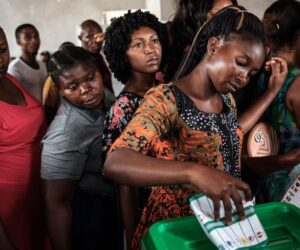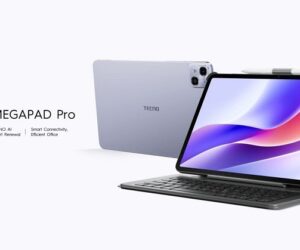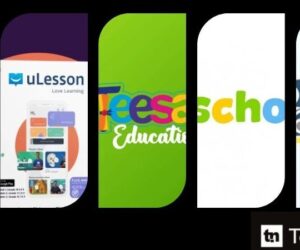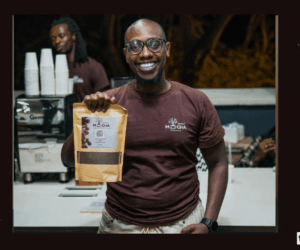Malaria is Africa’s oldest war, and sadly, the continent is still losing ground. It accounts for 94% of global cases and 95% of deaths, with 246 million infections and 569,000 deaths recorded in 2023 alone, according to the WHO 2024 Report, referencing 2023 data.
A child under five dies every minute, most of them in countries like Nigeria and the DRC, where the disease is most entrenched. Against this backdrop, SORA Technology is making an unorthodox bet that drones, satellites, and a layer of AI can finally shift the balance.
Mary Yeboah Asantewaa, African Business Lead at the Japanese drone-and-AI company, believes that Africa can beat malaria, but only if it rethinks how the fight is waged. SORA is betting that AI-driven drone surveillance, not conventional spray campaigns, is the breakthrough public health agencies have been waiting for.
Asantewaa speaks with the calm urgency of someone who has seen the disease up close. She grew up in Ghana and works across the region. She knows malaria is not an abstract threat but a constant disruption to work, school, and economic stability.
“Malaria affects about 90% of the population, with 260 million cases annually,” she says. It’s a staggering figure, and the economic cost is equally brutal. According to her, Africa loses roughly “1.3% of its economy” every year to the disease.

Her pitch is not sentimental but operational. SORA’s premise is that controlling mosquitoes requires precision, not scale. Instead of sending teams to wander fields and neighbourhoods in search of stagnant water, SORA sends drones.
The drones fly over entire districts. Let’s say Abuja, Lagos, Accra, or anywhere, mapping terrain and feeding images to an AI system that identifies water bodies. Then comes the twist: the AI flags which pools actually contain mosquito larvae. “Out of 100 water bodies, it can tell you 70 have larvae and 30 don’t,” Asanto explains.
It’s a simple shift, but a profound one. The goal is no longer “spray everywhere”. It’s “spray only where it’s needed.”
Inside the drone-led operation
Once the AI produces its heat map, SORA hands the data to field teams via a mobile app. High-risk sites appear as red pins; low-risk ones in green. Navigation is built in.
“It shows you where to pass and how to get to that water body in the fastest possible time,” Asantewaa says.
Workers then apply a biolarvicide (Bti), a WHO-endorsed agent that kills mosquito larvae but is safe for humans and aquatic life. When areas are unreachable by foot, drones spray directly.
This system was put to the test in Ghana during a rigorous comparison study. Independent evaluators from the Noguchi Memorial Institute and the University of Ghana found a 62% to 90% reduction in mapping time and a 70% reduction in labour costs. Total operational cost: down 27%. Not a marginal improvement, but an entirely different cost curve.


For public health programmes constantly hit by budget cuts, this matters. “This 27% can expand to other regions,” Asantewaa notes. In other words, what once required a statewide budget might soon be affordable at the district level.
Why SORA believes that Africa is ready
For SORA, the bet is that African governments are now more open to tools that promise both precision and transparency.
The company is already in talks with Nigeria’s National Malaria Elimination Programme and several state governments, including Akwa Ibom. A federal agreement hasn’t materialised yet, but Asantewaa insists Nigeria is a priority.
“If you mention SORA, they know us,” she says. “We want to start in January 2026.”
But the real narrative here is that SORA is quietly reframing what modern malaria intervention looks like. Instead of expensive, broad-stroke spraying campaigns, the company offers a geospatial model built on risk scoring, routing algorithms, and continuous re-application cycles aligned with WHO guidance.
That last part matters. Nothing is one-off in malaria control. “If it rains next month, new water bodies will appear,” Asantewaa explains. “You need to reapply every month.”


Beyond malaria, SORA’s wider play in public health extends to an “Agri-Intelligence Room” that uses satellite data and AI to predict outbreaks of cholera, dengue, or Zika. In Kenya, the company used environmental analysis to help local teams prioritise cholera vaccination zones.
The idea is to give governments early-warning systems, something Africa has historically lacked. Disease response is expensive; prediction is cheaper.
Also read: Bitcoin slumps below $90K: a brutal correction or the end of the 2025 bull run?
Similarly, while SORA’s malaria work gets the headlines, its agriculture offerings may ultimately become its most transformative business. The continent is losing yields and losing time to outdated farming practices. Asantewaa understands the urgency.
“Agriculture is the backbone of Africa,” she tells me. “We need systems that ensure increased yields and the right nutritional values.”
The firm now offers soil nutrient analysis, crop-health monitoring, waterlogging detection, and land-levelling insights through drones, sensors, and AI. The company has already completed contracts on cocoa and rice farms in Ghana, including waterlogging and elevation work for one of the country’s largest farming consortia.
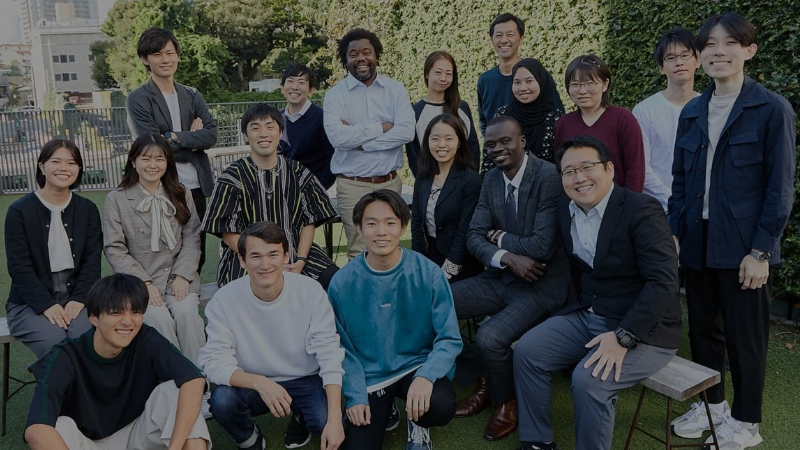

Drone spraying, for seeds, fertiliser, or herbicides, is next. Two spraying drones are scheduled to enter Ghana in January, with Nigeria and Benin on the roadmap.
SORA’s rise signals something larger happening across the continent. Governments that once favoured manual labour over modern tools are beginning to prioritise evidence-based, tech-enabled interventions. Donor agencies are shifting the same way. Investors, meanwhile, are watching for companies that pair hardware with deep on-the-ground context.
Asantewaa doesn’t present SORA as a silver bullet. She’s careful, often stressing the limits of data and the need for sustained government partnerships. But she does believe that Africa is ready for tools that bring precision to problems long treated with blunt-force solutions.
“We want to support Africa within the resources we have,” she says. “We just need the right collaborators.”


